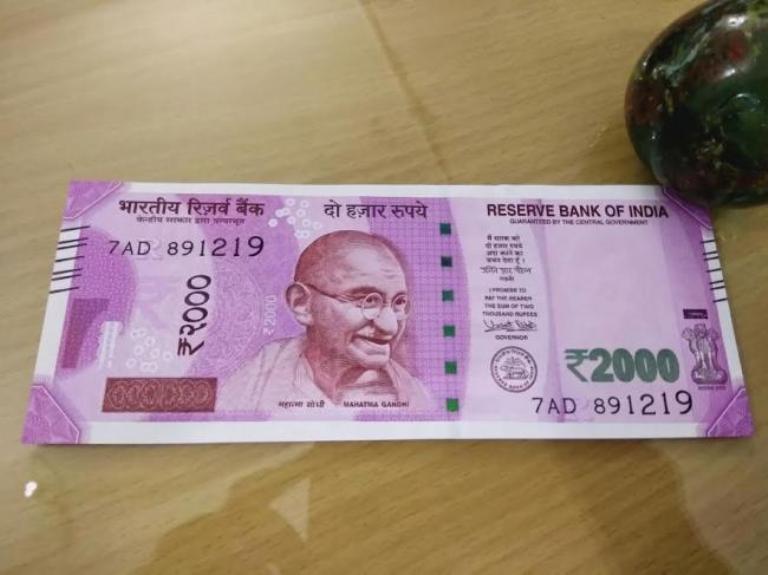 2kNote
2kNote
Rs 2,000 notes Exchange: SBI issues guidelines to branches amid misinformation on social media
Mumbai: The State Bank of India has issued a guideline to all its branches, allowing them to exchange or accept deposits in Rs 2000 notes "without obtaining any requisition slip".
This can be done up to a maximum of Rs 20,000 at a time, the bank said in its guideline.
Amidst circulating misinformation on social media regarding the exchange of scrapped notes, SBI clarified that there is no requirement to fill out a form or provide identity documents like Aadhaar card for the purpose of exchanging the notes.
The bank said people can exchange Rs 2,000 notes up to Rs 20,000 any number of times in a day.
A person can stand in the same queue again to exchange or deposit the Rs 2,000 notes throughout the day during banking hours. There is no restriction on the number of times a person can exchange or deposit after exchanging or depositing the notes once.
The Reserve Bank of India (RBI) announced on Friday that it will be withdrawing Rs 2,000 notes from circulation. Individuals will have the option to exchange or deposit these notes in their bank accounts until September 30. Beginning May 23, the RBI's 19 regional offices and other banks will accept Rs 2,000 notes for exchange with lower denomination currency.
It is important to note that these notes will still retain their status as legal tender, as stated by the RBI.
The Reserve Bank of India (RBI) has clarified that no fee will be charged for availing the exchange facility of Rs 2,000 banknotes. Banks have been also directed to make necessary arrangements to minimise any inconvenience faced by senior citizens and persons with disabilities who intend to exchange or deposit these Rs 2,000 notes.
Further, the central bank has stated that it is not necessary for a person to be a customer of the bank to exchange soon-to-be-discontinued currency.
A non-account holder can also exchange Rs 2,000 banknotes up to a limit of Rs 20,000 at a time at any bank branch.
"About 89 percent of the Rs 2,000 denomination banknotes were issued prior to March 2017 and are at the end of their estimated lifespan of four-five years. The total value of these banknotes in circulation declined from Rs 6.73 lakh crore at its peak of March 31, 2018 (37.3 percent of notes in circulation) to Rs 3.62 lakh crore constituting only 10.8 percent of notes in circulation on March 31, 2023," the RBI said.
According to the apex bank, the Rs 2,000 note is not widely used for everyday transactions. It is worth noting that in the past the RBI had implemented a similar withdrawal of notes from circulation during the period of 2013-2014.
Support Our Journalism
We cannot do without you.. your contribution supports unbiased journalism
IBNS is not driven by any ism- not wokeism, not racism, not skewed secularism, not hyper right-wing or left liberal ideals, nor by any hardline religious beliefs or hyper nationalism. We want to serve you good old objective news, as they are. We do not judge or preach. We let people decide for themselves. We only try to present factual and well-sourced news.







